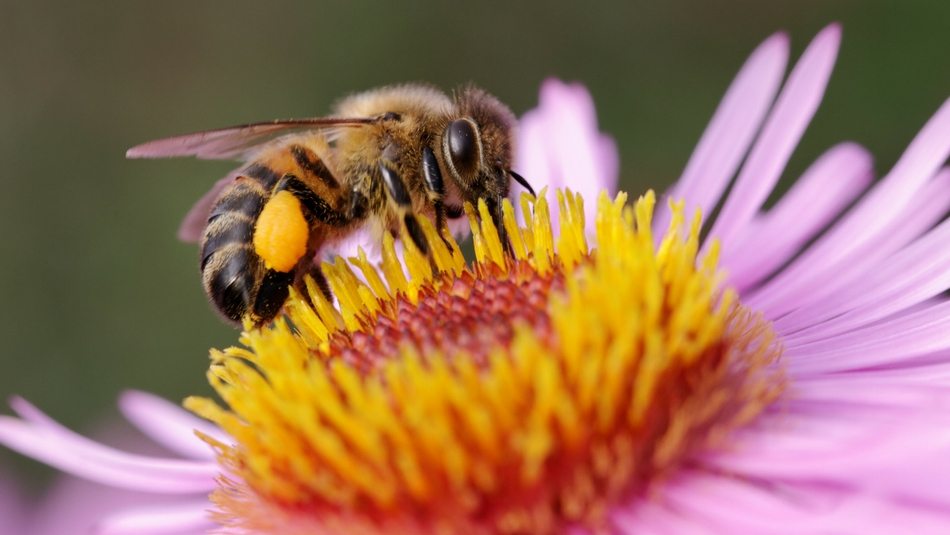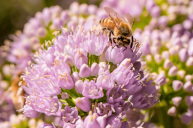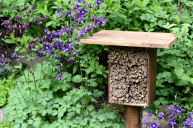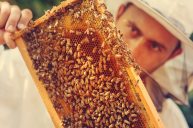Celebrate with a taste of honey-Europe has issued the world's first continent-wide ban on bee-harming pesticides which have been alleged to cause detrimental harm to bees. With the help of public support and the European Food Safety Authority (EFSA) the ban was finally passed on Friday April 27th and is scheduled to come into effect the end of 2018.
Videos by Wide Open Country
In February, EFSA concluded scientific evidence that pesticides in outdoor use poses a high risk to both honeybees and wild bees. Once the research was concluded, Vytenis Andriukaitis, European Commissioner for Health and Food Safety welcomed the vote stating,
The Commission had proposed these measures months ago, on the basis of the scientific advice from the European Food Safety Authority. Bee health remains of paramount importance for me since it concerns biodiversity, food production and the environment.
If you didn't know already, bees and other insects pollinate about 3/4 of all crops in the world. The numbers of pollinator populations have been decreasing significantly and the blame points towards pesticides.
Back in 2013, the the European Union banned the use of neonicotinoid pesticides on flowering crops that attract pollinators, such as oil seed rape (the plant that makes vegetable oil). Today with the approval of EU member states, banned the use of neonicotinoids (clothianidin, imidacloprid and thiametheoxam) for all outdoor plants including fields and gardens. The only way people can use the harmful pesticide is in a greenhouse.
Only 16 of the countries voted for the total ban including Germany, the United Kingdom and France while four opposed the ban and eight abstained from it. Not everyone was excited about the decision. Syngenta, a Basel, Switzerland-based manufacturer of the pesticides opposed the ban in his statement: "The evidence clearly shows that neonicotinoids pose a minimum threat to bee health compared to a lack of food, diseases and cold weather."
Some scientists are weary of what the ban may cause. Dave Goulson, a biologist at the University of Sussex is worried the ban will cause more harmful pesticides to be created. His answer is the use of sustainable farming methods with minimal pesticide use
However many scientists considered the ban a major victory for the under-threat bees. Christopher Connolly, a neurobiologist at the University of Dundee, UK applauds the ban saying it's "excellent news" for the bee populations.





